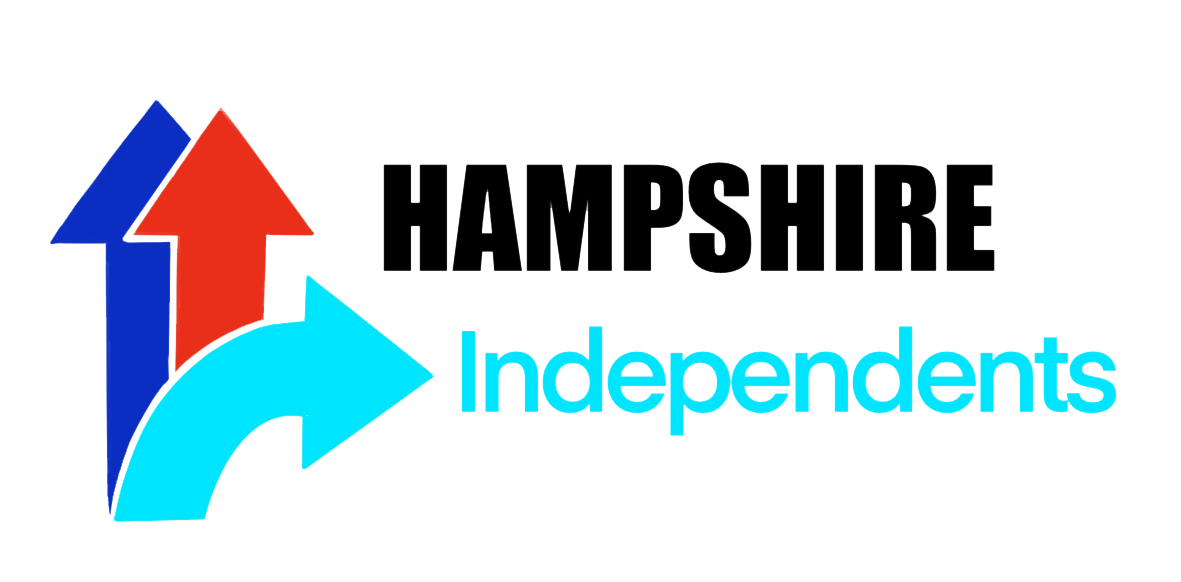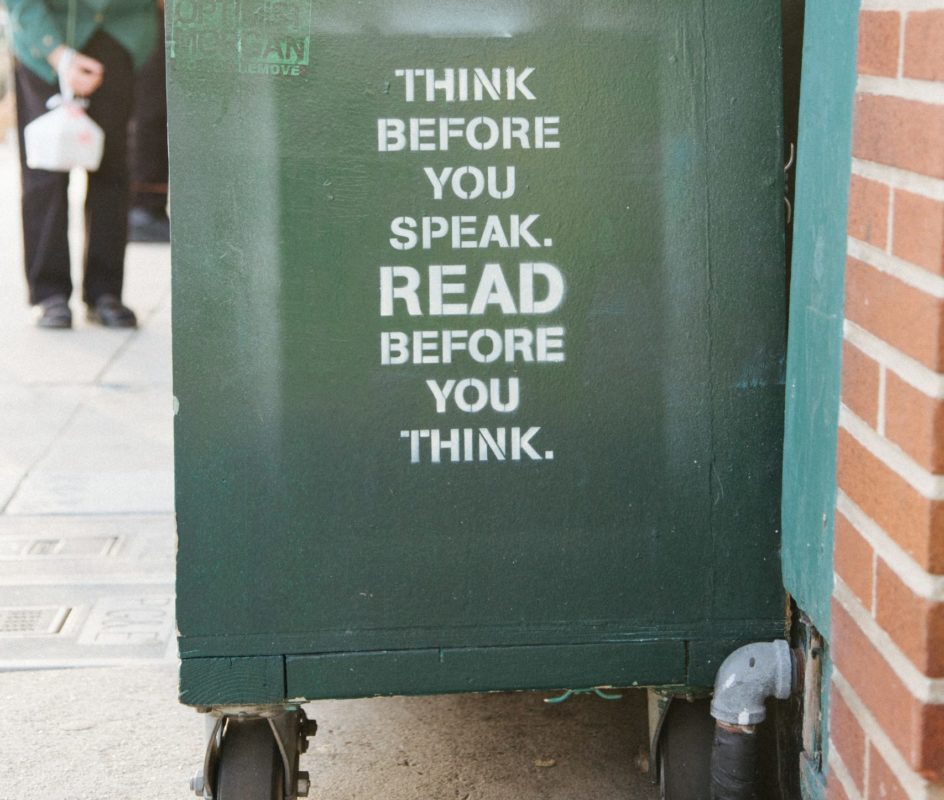In this article I consider the subject of propaganda – that feat of public delusion often attributed to Joseph Goebbels. How was this feat performed?
“Tell a lie big enough and repeat until people believe it.”
Now I’m not saying that all TV advertisers are liars, but they sure do believe in the power of repetition. It works!
However, so as not to impugn the integrity of TV advertisers, we must look elsewhere for suitable illustration. Let’s see … something really big, truly humongous, totally implausible … and endlessly repeated …
Yes! There is one stand-out candidate: Climate Change!
Let’s check the record of past press predictions …
1970: New Ice Age by 21st Century
1972: New Ice Age by 2070 (Brown University to the President of the USA)
1974: New Ice Age Coming Fast
1978: ‘No End in Sight’ to 30-Year Cooling Trend
1988: Prepare for Long Hot Summers
1988: Maldives Completely Underwater in 30 yrs
1989: New York City East Side Highway underwater by 2019
2000: Children won’t know what snow is
2004: Britain to have Siberian Climate by 2020
2008: Arctic Ice-free by 2018
2008: Ice-free arctic by 2013 (Al Gore)
2009: 96 months to save the world (Prince Charles)
2009: 50 Days to save planet from catastrophe (Gordon Brown)
2014: 500 days to avoid climate chaos (Laurent Fabius / John Kerry).
True, the IPCC did not support all these claims (which is not to say that the IPCC is blameless) but recall that my topic is propaganda.
This entertaining record cannot justify turning the world’s economies upside down right now. Maybe in fifty years time another review would be appropriate, but until then, keep calm and carry on.
Let’s review some salient facts:
- Plants converted the preponderance of CO2 in our original zero-oxygen atmosphere, giving us oxygen. The world thrived. More CO2 did not and thus cannot cook the world, ever.
- Zero CO2 = ZERO FOOD. Plants require CO2 water and sunlight. In return we get food. More CO2 means more crops, more food, more oxygen, more abundance. That’s why growers add CO2 into their greenhouses! The world will make very good use of more CO2.
- CO2 today is a surprising fraction of our atmosphere – go on, have a guess, then read to the end to see the actual figure (no cheating!).
To summarise – we need more CO2. More crops mean more wealth, less hunger, turning impoverished unhealthy crime-ridden communities (assuming Big Agriculture can be kept at bay) into healthier wealthier more productive communities.
The exact antithesis of where the UN-WEF “partnership” with our governments is taking us.
So what’s really not to like?
(Air:- Nitrogen 78%, Oxygen 21%, H2O around 1%, CO2 0.04% or 417 ppm – less than half of one thousandth of one unit by volume. We could have 20 times as much before breaking 1% by volume. OK, now panic.)


Well done for speaking out .Not enough brave men out there. But the more that do the more we will be heard.
[…] am thankful that Jim shared his thoughts about “The Mix of Propaganda and Predictions”. It was an interesting read, but I think he missed something with the example he selected. […]
Hanlon’s razor is similar to Occam’s razor – never advocate a complex theory when a simple one will account for the observations. But both are only rules of thumb, and neither discounts the possibility of being wrong as a result. Taking the article in isolation, I would agree with you, but the problem is that the propaganda is all-pervasive these days and so one-sided that one cannot fail to be suspicious (only today this link arrived in my inbox: https://dailysceptic.org/2023/04/01/more-climate-fiction-from-the-bbc/ ). The BBC used to produce good scientific programmes that would contrast more than one point of view (I’m sure… Read more »
Occam’s razor says nothing about simple. It states that when two hypotheses are comparable, the one which makes the fewest assumptions is more likely to be correct. A very complex solution may have many steps, each supported by evidence. That is far more likely to be correct than a simple solution making many assumptions.
Research before you write